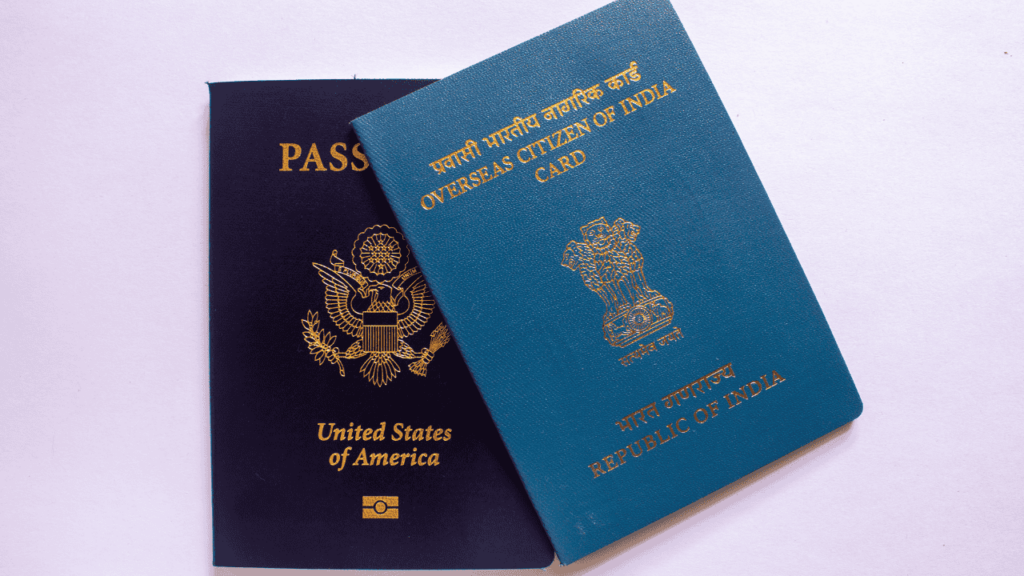
Understanding the distinction between a nominee and a legal heir is essential for effective inheritance planning. While a nominee is designated to manage specific assets temporarily, the ultimate ownership typically lies with the legal heirs. Recent rulings, including a landmark Supreme Court decision, have clarified that being named as a nominee does not grant absolute ownership of assets. Instead, the title passes to the legal heirs as per succession laws.
This blogpost explores the key differences between nominees and legal heirs, common misconceptions, and why drafting a ‘Will’ is the best way to ensure smooth inheritance of assets.
Nominee vs. Legal Heir
A common question arises: what is the role of a nominee? Essentially, a nominee acts as a trustee or custodian, holding the deceased’s assets temporarily until the legal heirs or rightful representatives claim them. This arrangement ensures that assets are protected and managed responsibly after the owner’s demise.
Who Can Be a Nominee?
Any individual of legal age and sound mind can be nominated. This includes legal heirs, immediate family members, extended relatives, or even friends. However, a nominee’s role is often misunderstood. While they are appointed to safeguard the deceased’s assets, they do not automatically gain ownership rights unless specified as a legal heir in the will or succession laws.
Who Is a Legal Heir?
Legal heirs inherit assets based on laws such as the Hindu Succession Act or the Indian Succession Act. Ownership rights can also be explicitly defined in a will. In some cases, the nominee and the legal heir may be the same person, but this is not always the case.
Limitations of a Nominee
A nominee’s authority has its boundaries. For instance, if a nominee is not a legal heir or is not granted ownership rights in the deceased’s will, they cannot challenge the will. While there are no direct statutory provisions addressing a nominee’s ability to contest a will, any interested party—including legal heirs or beneficiaries—can challenge a will on grounds such as fraud, coercion, or undue influence.
Nominees Living Abroad

Non-Resident Indians (NRIs), foreign citizens, or Overseas Citizens of India (OCI) can be appointed as nominees. However, asset transfers involving such individuals are subject to regulations under the Foreign Exchange Management Act (FEMA). These rules impose restrictions on cash outflows from India and transfers of shares between residents and NRIs. Ensuring compliance with these regulations is critical when nominating individuals residing abroad.
Inheritance of Assets
Let’s explore how different types of assets are inherited and clarify the role of nominees and legal heirs:
1. Bank Deposits and Accounts – Fixed deposits (FDs) and bank accounts can be held singly or jointly. In joint accounts, the operational mode—“either or survivor,” “former or survivor,” or “anyone or survivor”—determines how funds are accessed upon the account holder’s death. However, succession laws take precedence over nomination. This means that the nominee acts as a custodian until legal heirs claim their share.
If you have any doubts on how to retrieve unclaimed bank deposits, you can read my other article here.
2. Mutual Funds, Shares, and Insurance Policies – Legal heirs inherit mutual funds, shares, and insurance policies. For insurance payouts, the rules are more nuanced. The insurance law states that only when nominees are the parents, spouse or children of the policyholder, they are considered beneficial nominees, with actual interest in the policy. Otherwise, the nominee is merely an authorized recipient, and legal heirs can claim the proceeds under succession laws.
3. Employee Provident Fund (EPF) – In the case of EPF, nominating a beneficiary is mandatory. The EPF nominee inherits the funds, and legal heirs have no claim unless the nominee is also the legal heir. EPF rules require appointing a family member as the nominee, but alternatives may be chosen if no family member is available.
4. Real Estate – In real estate, a nominee acts as a representative for the legal heirs. The nominee holds the property temporarily until the rightful heirs initiate a transfer process.
5. Gold and Other Assets – Gold and tangible assets are inherited based on succession laws or a will. Nominees may safeguard these assets, but ownership is determined by legal heirs or as outlined in the will.
Drafting a Will: The Key to Avoiding Disputes

To minimize potential disputes between nominees and legal heirs, drafting a will is essential. A well-drafted will explicitly defines how assets should be distributed, leaving no room for ambiguity. Here’s why a will is crucial:
- Clarity in Asset Distribution Clearly stating your intentions ensures that both nominees and legal heirs understand their roles and rights.
- Alignment Between Nominations and Succession Plans Aligning nominations with the distribution plan outlined in the will prevents conflicts and ensures smooth inheritance.
- Legal Safeguards A will serves as a legal document that protects your wishes, making it difficult for disputes to arise.
Key Takeaways
- Nominees are custodians, not owners, unless specified as legal heirs in a will or by law.
- Legal heirs inherit assets based on succession laws or explicit directions in a will.
- Regulations like FEMA may apply when appointing nominees living abroad.
- Succession laws override nominations for most assets, except in specific cases like EPF.
- Drafting a comprehensive will ensures clarity and prevents disputes.
Conclusion
The distinction between nominees and legal heirs is vital for smooth inheritance planning. By understanding their roles and limitations, you can take steps to safeguard your assets and avoid unnecessary disputes. Drafting a will is the most effective way to ensure your intentions are honored, offering peace of mind to you and your loved ones. Plan ahead, document your wishes, and create a legacy that stands the test of time.
Check out my other article on how a deceased person’s assets or investments can be retrieved.
Do follow me on Linkedin for regular insights on personal finance, money management, investments, debt management, and more. I frequently share content on these subjects.





